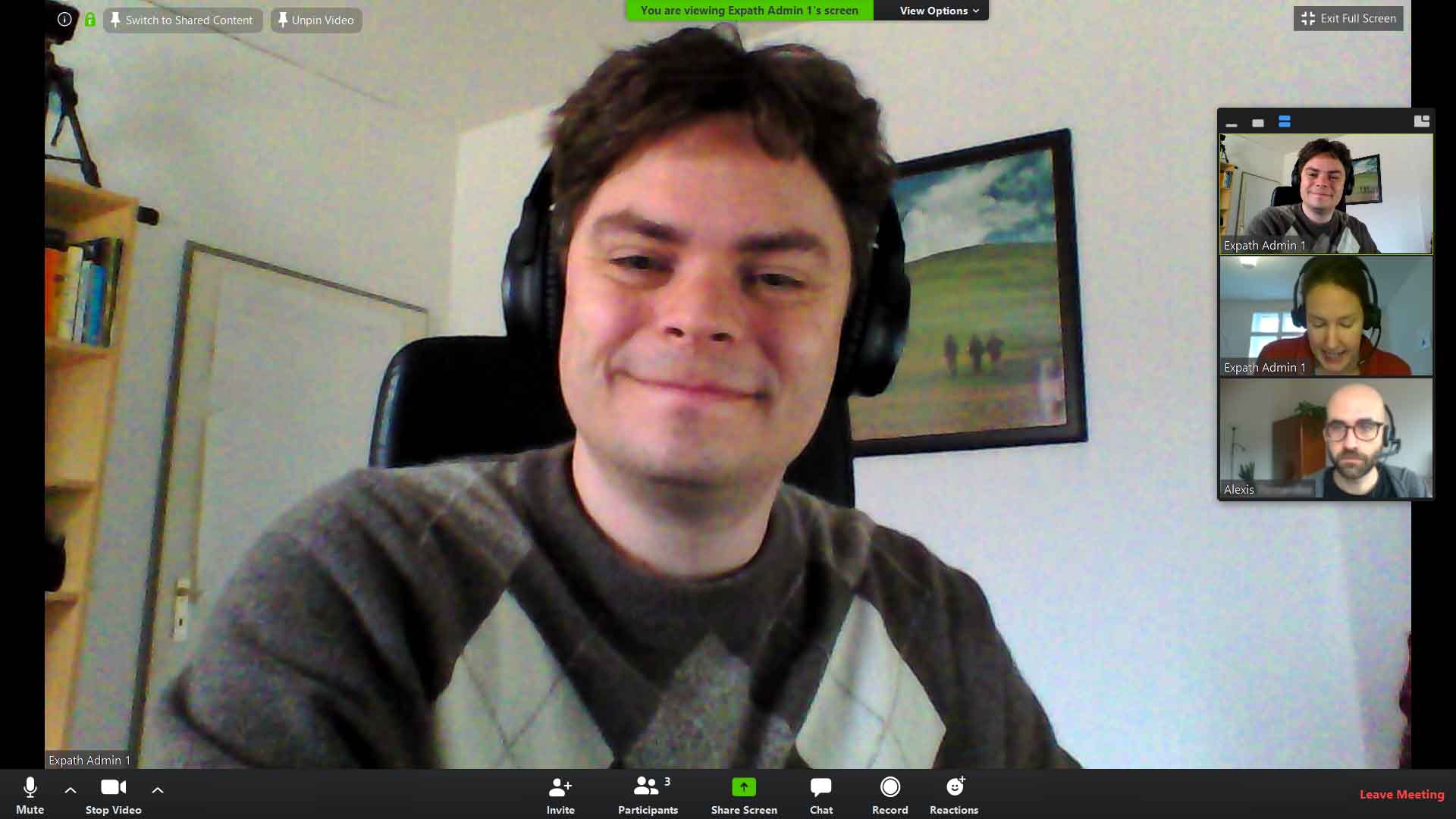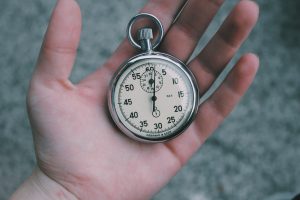How Germans talk about good luck and bad luck
The word for “luck” in German is “Glück” (n.). However, the word “glücklich” does NOT usually mean “lucky”, for which there actually is no word in German (“glücklich” actually means “happy”, “satisfied” or “contented”). Rather, to express “to be lucky”, one would have “to have luck” – “Glück haben”:
– “Er hatte Glück.” – “He was lucky.”
Words and phrases with “Glück” include:
– “Herzlichen Glückwunsch” – “Congratulations” (literally “hearty luck-wish”)
– “zum Glück” – “fortunately”
– “Viel Glück!” – “Good luck!”
– “glücklicher Zufall (m.)” – “fortunate coincidence”
– “Glücksbringer (m.)” – “lucky charm”
– “Glückssträhne (f.)” – “streak of good luck”
More idiomatically, “Schwein haben” (literally “to have a pig”) can also be used to express having a stroke of luck. The opposite of “Glück” is “Pech” (n.).
Listen up, lurkers!
We filmed an entire beginner German course!
More cool stuff from Expath













